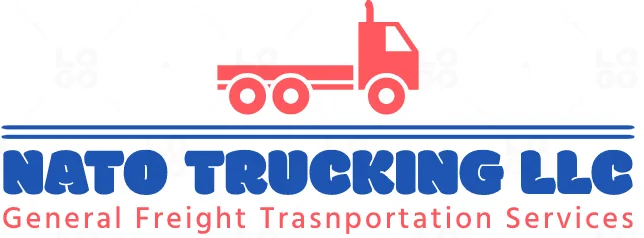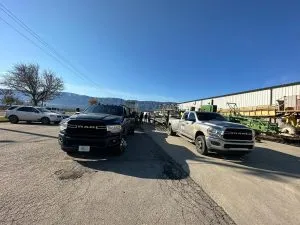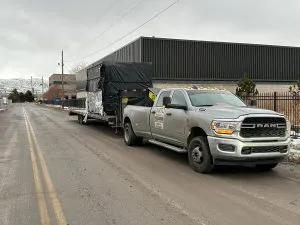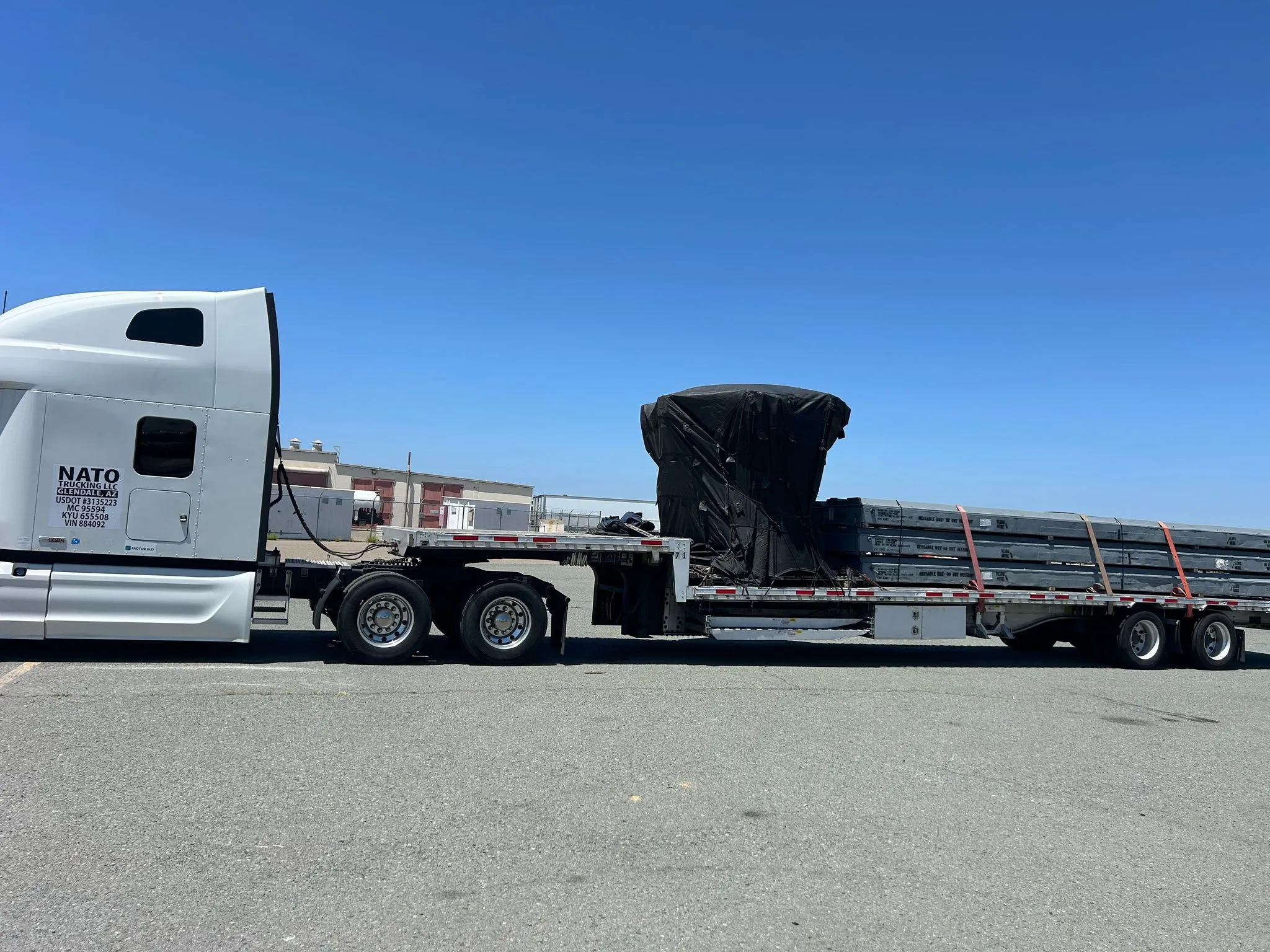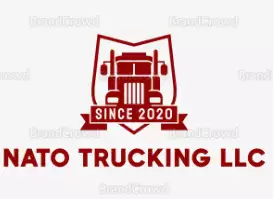Get Your Freight Moving with NATO Trucking LLC
In the fast-paced world of logistics, reliable transportation is the backbone of any successful supply chain. When it comes to ensuring your goods reach their destination safely, efficiently, and on time, choosing the right trucking partner is paramount. For businesses seeking a dependable solution, NATO Trucking LLC stands out as a promising choice, offering a commitment to service and a growing footprint in the freight industry.
Who is NATO Trucking LLC?
NATO Trucking LLC is a licensed and insured trucking company known for its focus on providing reliable freight services. While their main headquarters and a significant warehousing facility are located in South Florida, they have expanded their reach across various regions and states in the US, including NY, NJ, TN, OH, IL, and KS. This broad operational footprint suggests a capacity for handling a diverse range of transportation needs across a wide geographical area.
They specialize in e-commerce, parcel, and retail industries, demonstrating their adaptability to modern shipping demands. Their services extend beyond simple transportation, encompassing:
- DDU (Delivered Duty Unpaid) Services: With a fleet of over 100 trucks, they offer dedicated deliveries to USPS offices nationwide, covering a vast number of DDU zip codes.
- Freight Brokerage: Whether you need LTL (Less Than Truckload), FTL (Full Truckload), or Drayage services, NATO Trucking LLC leverages its national presence and network to cater to various shipper and distributor freight requirements.
- E-commerce Fulfillment: They provide an all-inclusive service that includes warehousing, fulfillment, and transportation tailored for e-commerce products.
- Pool Distribution: Handling daily loads from retailers, they offer drivers ready to deliver for both B2B and B2C clients, accommodating items like apparel, electronics, or furniture.
The Benefits of Partnering with NATO Trucking LLC
Choosing a trucking partner like NATO Trucking LLC can offer several advantages for your freight needs:
- Reliability and Experience: With over 30 years of expertise in warehousing and transportation, NATO Trucking LLC brings a wealth of experience to the table. Their drivers are described as experienced and reliable, contributing to a secure and timely transit for your cargo.
- Expansive Coverage: Their significant footprint across multiple states means they can provide broad coverage for your shipments, potentially offering a single solution for diverse lanes and destinations.
- Diverse Service Offerings: From full truckloads to specialized e-commerce fulfillment, their varied services can accommodate a wide range of freight types and logistical complexities. This can simplify your operations by allowing you to consolidate your transportation needs with one provider.
- Customer-Centric Approach: Reviews highlight positive aspects such as consistent tracking, strong driver communication, and a friendly, easy-to-work-with attitude, indicating a focus on customer satisfaction. They aim to provide competitive rates and free estimates, with various delivery options to meet customer needs.
How to Get Your Freight Moving with NATO Trucking LLC
Getting a freight quote and initiating services with NATO Trucking LLC is a straightforward process:
- Gather Shipment Details: Before reaching out, have the following information ready:
- Origin and Destination: Exact pickup and delivery locations, including city, state, and zip codes.
- Freight Type: Clearly identify the type of goods (e.g., general freight, dry van, refrigerated).
- Weight and Dimensions: Accurate measurements of the shipment’s length, width, and height, and its total weight.
- Special Handling Requirements: Any specific needs like liftgate service, hazardous materials handling, or temperature control.
- Desired Delivery Timeframe: Your preferred urgency and timeline for delivery.
- Contact NATO Trucking LLC: You have a couple of primary options:
- Phone: You can reach their customer service line at (602) 529-4864.
- Website: Visit their website, natotrucksllc.com, which often provides options for requesting a free shipping quote.
- Request a Quote: Provide the gathered shipment details to their representative. They will then calculate and provide you with a personalized quote.
- Compare and Confirm: Review the quote carefully, considering factors like the overall cost, services included, and the carrier’s reputation. Once satisfied, confirm your booking and establish the logistics for pickup and delivery.
For businesses looking for a committed and capable logistics partner, NATO Trucking LLC presents a robust option to streamline their freight operations. Their focus on diverse services, an expanding network, and customer satisfaction positions them as a valuable ally in navigating the complexities of modern transportation.
